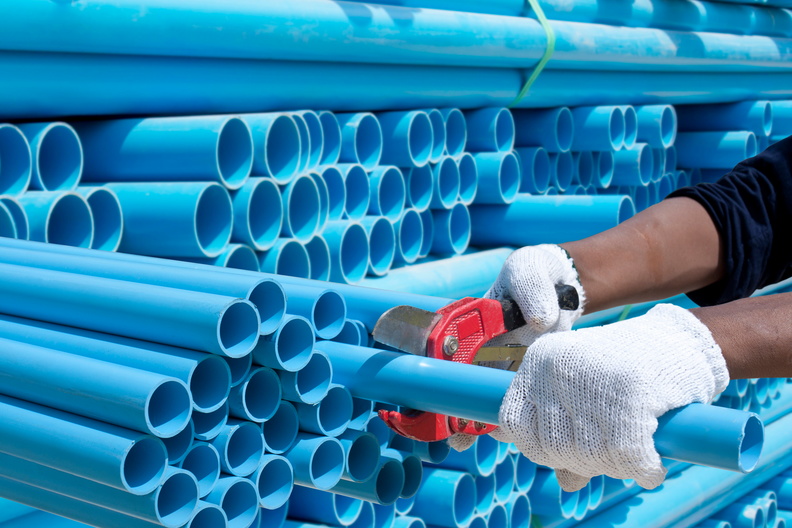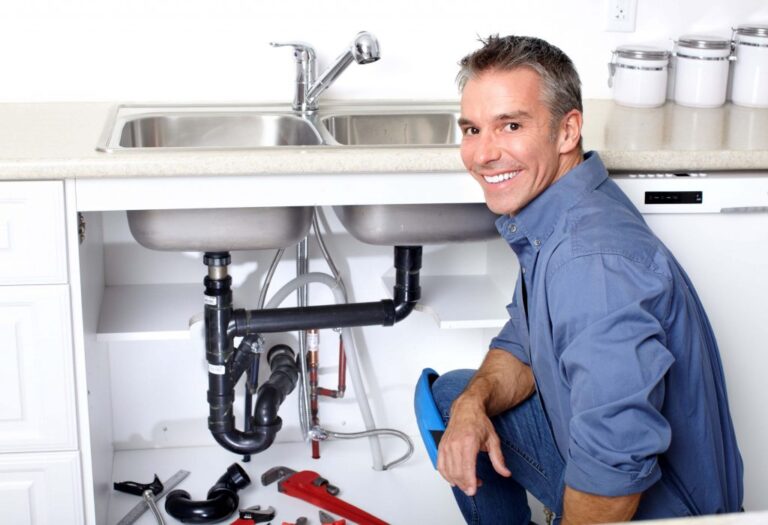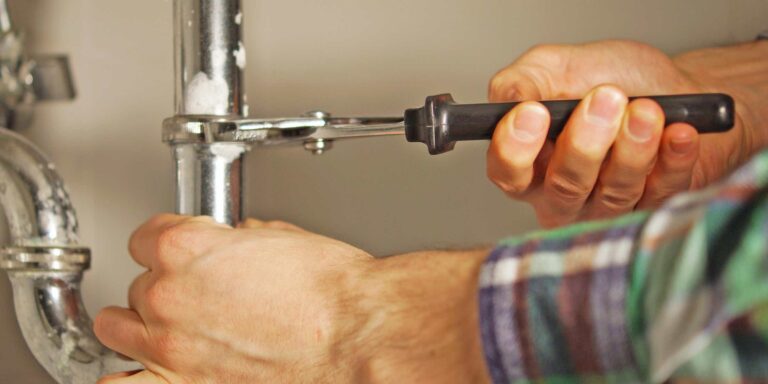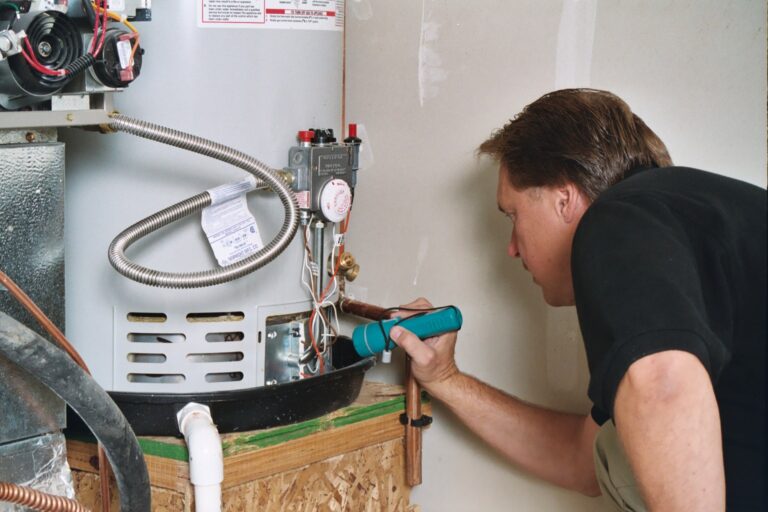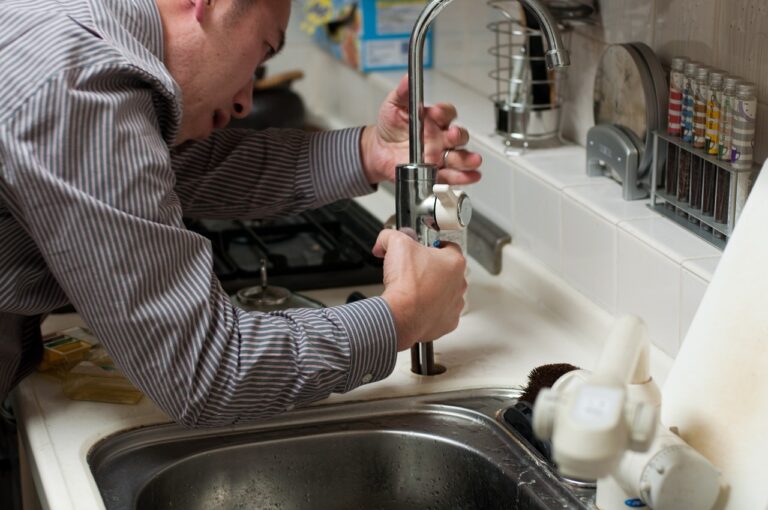If your plumbing pipes are more than 50 years old, it may be time for a replacement. But how do you know when it’s time to replace your old pipes? Here are a few signs that your plumbing pipes may be ready for a replacement:
When your pipes are leaking
If you have a pipe that is leaking, you should replace it as soon as possible. A leak can cause significant damage to your home, and it can be very costly to repair. You may not be able to repair the pipe yourself, so it is important to call a plumber to come and take a look at it.
When your pipes are corroded
Corrosion is a major issue when it comes to plumbing pipes. If you have galvanized steel pipes, they could last up to 40 years. But if the galvanized coating begins to break down, corrosion will speed up and cause your pipes to deteriorate sooner.
If your home was built before 1960, there’s a good chance you have galvanized steel pipes. These pipes are coated with zinc, which protects the underlying steel from rust and corrosion. But over time, the zinc can become worn down, exposing the steel to water and air. When that happens, corrosion begins to eat away at the steel, causing weak spots and eventually leading to leaks.
When your pipes are clogged
Your plumbing pipes are an important part of your home, and when they become clogged, it can cause a major inconvenience. While there are some do-it-yourself methods you can try to clear a clog, sometimes it’s best to just call a professional. But how do you know when it’s time to replace your pipes? Here are a few signs that indicate it may be time for new plumbing pipes:
-Your pipes are constantly clogging. If you find that your pipes are constantly getting clogged, it may be time to replace them. This is especially true if you have tried different methods to clear the clog, but nothing seems to work.
-Your water pressure is low. If you notice that your water pressure is significantly lower than it used to be, that’s another sign that your pipes may be due for replacement.
-You have leaks. Leaks in your plumbing pipes can not only lead to water damage in your home, but they can also waste a lot of water. If you have tried patching up the leak and it keeps coming back, that’s a sign that you need new pipes.
If you’re noticing any of these signs, it’s best to call a professional plumber to take a look at your pipes and give you an estimate for replacement.
When your pipes are frozen
Frozen pipes are one of the most common plumbing problems during the winter. If your pipes are frozen, turn on thetap nearest the pipe so that thawing water has somewhere to go. As you conduct this process, use a hair dryer or another type of heat source to warm the pipe from the outside. Never use an open flame to thaw pipes because this increases your risk of a fire.
When your pipes are making strange noises
If your pipes are making any noise that wasn’t there before, whether it’s a banging, a dripping, or anything else, it could be time to replace them. These noises usually indicate that there is something wrong with the pipe itself, such as a crack or a loose connection.
If you ignore these noises and don’t get your pipes replaced, they will only get worse. The longer you wait, the bigger the problem will become, and eventually, you could be dealing with a broken pipe. So if you hear anything out of the ordinary coming from your pipes, don’t hesitate to call a plumbing professional to take a look.
When your pipes are backing up
If you start to notice that your pipes are backing up, that is a sign that it is time to replace them. This can be a very messy and expensive problem, so it is best to catch it early and take care of it before it gets worse. There are a few things you can do to try and clear the blockage yourself, but if that does not work, then you will need to call a professional.
When your water pressure is low
If your home has copper pipes, they could last between 50 and 70 years. If you have galvanized steel pipes, they could last between 20 and 40 years. PEX pipes can last up to 100 years. But with all of these estimates, there are a number of factors that can affect the lifespan of your particular plumbing system, including:
-The force of the water flowing through the pipes
-The quality of the materials used in the pipes
-The climate (water freezes and expands in colder climates, which can damage pipes)
-How well the system was installed
If you notice that your water pressure is low, it could be an indication that your pipes are beginning to wear out and may need to be replaced.
When your water bills are high
If you’re noticing higher than normal water bills, it may be time to replace your plumbing pipes. Depending on the material your pipes are made of, they may have a lifespan of anywhere from 20 to 50 years.
If your home was built before 1970, it’s likely that your pipes are made of galvanized steel. These pipes can develop rust over time, which can cause decreased water flow and higher water bills. If you have galvanized steel pipes, you may want to consider replacing them with copper or plastic pipes, which have a longer lifespan.
If you’re not sure what type of pipes you have, a professional plumber can come and take a look. They’ll be able to tell you whether or not it’s time to start thinking about replacing your plumbing.
When you’re remodeling your home
If you’re planning a remodel, it may be time to replace your plumbing pipes. Depending on the age of your home and the condition of your pipes, it may be more cost-effective to replace them rather than repair them. Before you start your remodel, here’s what you need to know about replacing plumbing pipes.
If you have an older home, your pipes may be made of galvanized steel. Galvanized steel pipes are coated with zinc to prevent rusting, but over time the zinc coating wears away and the steel underneath is exposed. This can cause corrosion andLeaks. If your home has galvanized steel pipes, it’s probably time to replace them.
If you have copper plumbing, it may also be time for a replacement. Copper pipes can last for decades, but they can develop leaks over time. If your copper pipes are leaking or if they are more than 50 years old, it’s probably time for a replacement.
If you have PVC or polyethylene piping, chances are good that they will last as long as your home does. However, if you are remodeling your home and need to move or replace your piping, you may want to consider upgrading to a newer material such as PEX piping. PEX is more flexible than PVC or polyethylene and can withstand higher temperatures, making it ideal for hot water lines.
No matter what type of piping you have in your home, if it’s more than 50 years old or if it’s leaking, it’s probably time for a replacement. If you’re planning a remodel, now is the perfect time to upgrade your plumbing pipes.
When you’re buying a new home
As a homeowner, you’re responsible for the upkeep and maintenance of your home’s plumbing system. This includes ensuring that your plumbing pipes are in good working condition. While most plumbing pipes can last for many years, there are certain factors that can cause them to degrade and eventually fail.
If you’re in the process of buying a new home, it’s important to know when the last time the home’s plumbing pipes were replaced. Here are a few signs that it may be time to replace the plumbing pipes in your new home:
-The home is more than 50 years old. The average lifespan of plumbing pipes is 50 years. If the home you’re buying is older than this, there’s a good chance that the plumbing pipes will need to be replaced soon.
-There are visible signs of damage to the plumbing pipes. If you can see visible signs of damage, such as cracks, leaks or corrosion, this is a good indication that it’s time for new pipes.
-The water pressure is low. Low water pressure can be caused by a number of factors, but one common cause is degraded or damaged plumbing pipes. If the water pressure in your new home is low, it may be due to old or faulty pipes.
If you suspect that the plumbing pipes in your new home need to be replaced, it’s important to have them inspected by a professional before closing on the sale. This will ensure that you don’t inherit expensive repairs from the previous homeowner.

